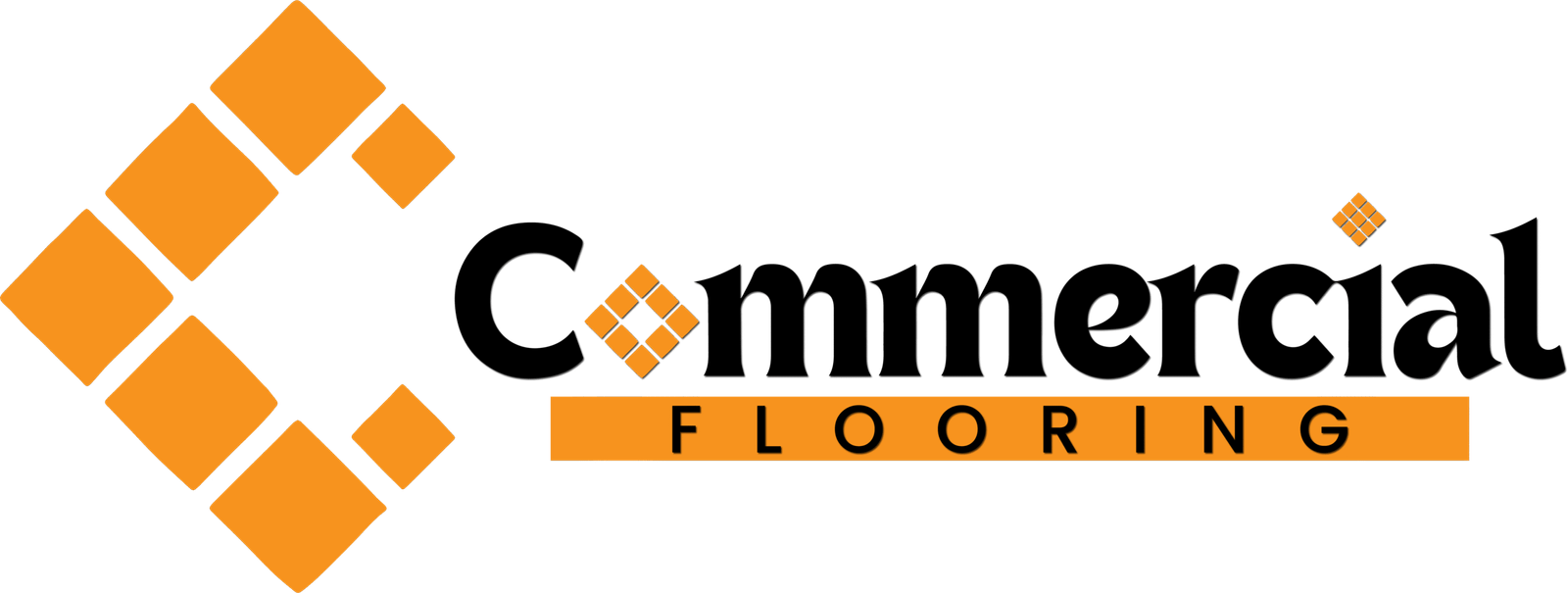In any workshop—whether it’s used for woodworking, metal fabrication, car repair, or general DIY—safety is a top priority. One of the most overlooked yet crucial aspects of workshop safety is the floor. Slippery surfaces increase the risk of falls, especially when water, oil, or dust is involved. Choosing the right non-slip flooring can make a big difference in protecting workers, improving productivity, and minimizing accidents.
In this blog, we’ll explore the best non-slip flooring choices for workshops, with a focus on durability, maintenance, and slip resistance.

Why Non-Slip Flooring Matters in Workshops
Workshops are high-traffic areas that deal with tools, heavy equipment, grease, oil, and other substances. All these can create dangerous slip hazards. Non-slip flooring:
- Reduces workplace accidents
- Provides better traction for foot and machine movement
- Helps comply with local safety regulations
- Improves overall work environment
Slippery floors not only put safety at risk but also slow down workflow due to fear of slipping or the need for frequent cleaning.
1. Epoxy Flooring with Anti-Slip Additives
Best for: Industrial and automotive workshops
Epoxy flooring is a popular choice for many commercial and residential workshops. It provides a hard, seamless surface that resists oil, chemicals, and abrasion. To make epoxy non-slip, manufacturers often add textured materials like quartz, sand, or aluminum oxide during the application process.
Pros:
- Highly durable and impact-resistant
- Easy to clean
- Can be customized with non-slip textures
- Long lifespan with proper maintenance
Cons:
- Requires professional installation
- Can be costly upfront
2. Rubber Flooring
Best for: Workshops where standing comfort and slip resistance are both important
Rubber flooring is naturally non-slip and offers great shock absorption. It’s often used in areas where workers spend long hours on their feet. Rubber tiles and mats also resist moisture and provide good cushioning, reducing fatigue.
Pros:
- Naturally slip-resistant
- Comfortable for long work sessions
- Absorbs noise and shock
- Available in interlocking tiles or rolls
Cons:
- Not suitable for areas exposed to strong chemicals
- Can be punctured by sharp tools
3. Textured Vinyl Flooring
Best for: Light-duty workshops or home garages
Vinyl flooring has come a long way in terms of design and functionality. When choosing textured or non-slip vinyl, you get a surface that’s both safe and visually appealing. It’s ideal for hobbyists or DIYers working in small-scale workshops.
Pros:
- Slip-resistant options available
- Affordable and easy to install
- Water-resistant
- Low maintenance
Cons:
- Less durable under heavy loads
- May wear down faster in high-traffic zones
4. Concrete with Anti-Slip Coating
Best for: Large-scale industrial workshops
Plain concrete is slippery when wet. However, with the right treatment, it can become a safe and durable option. Applying non-slip coatings or sealants with grit can turn basic concrete into a slip-resistant surface. These coatings can be reapplied when needed.
Pros:
- Cost-effective for large areas
- High load-bearing capacity
- Customizable with textures or coatings
Cons:
- Can crack over time
- Cold and hard underfoot
- Needs regular sealing for continued slip resistance
5. Interlocking PVC Tiles with Grip Surface
Best for: Temporary or modular workshop setups
These tiles are easy to install and often come with anti-slip patterns built in. They’re ideal for renters or workshop owners who may move locations or want a quick solution.
Pros:
- Simple DIY installation
- Replaceable if damaged
- Non-slip surface built-in
- Resistant to oils and chemicals
Cons:
- May not handle very heavy equipment
- Seams can trap dirt or spills
How to Choose the Right Non-Slip Flooring
When deciding on a non-slip flooring option for your workshop, consider:
- Type of work: Heavy-duty tasks require more durable options like epoxy or concrete coatings.
- Comfort: If you stand for long periods, rubber is better than hard surfaces.
- Budget: Vinyl and PVC tiles are affordable, while epoxy and rubber may cost more upfront.
- Maintenance needs: Some floors are easier to clean and maintain than others.
- Weather and moisture: Consider humidity or water exposure in your region.
Conclusion
The floor of your workshop isn’t just a surface to stand on—it’s part of your safety system. Whether you’re running a full-scale fabrication shop or a small DIY workspace, investing in non-slip flooring is a smart move. Epoxy, rubber, vinyl, and treated concrete all offer safe and practical solutions for different needs and budgets.
Always make sure to choose a flooring solution that aligns with your specific workshop conditions, the type of work you do, and the level of safety you require. A good floor can help prevent accidents, keep your workflow smooth, and save you money in the long run.
Need help deciding? Contact a flooring professional to inspect your workspace and recommend the best non-slip solution for your specific needs
